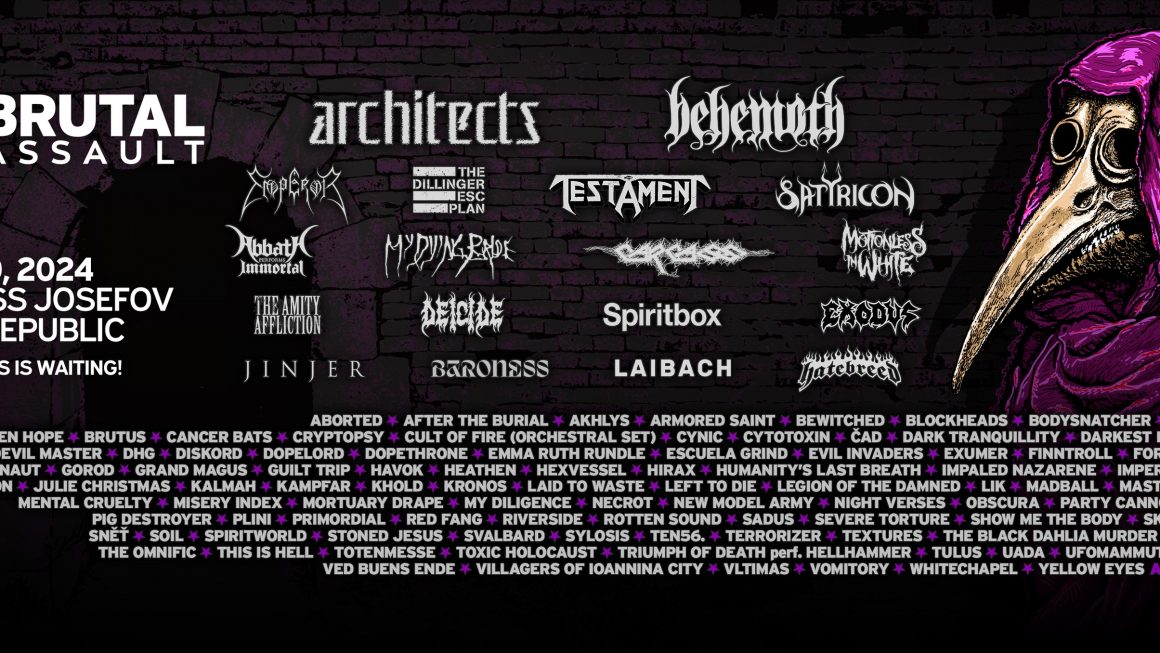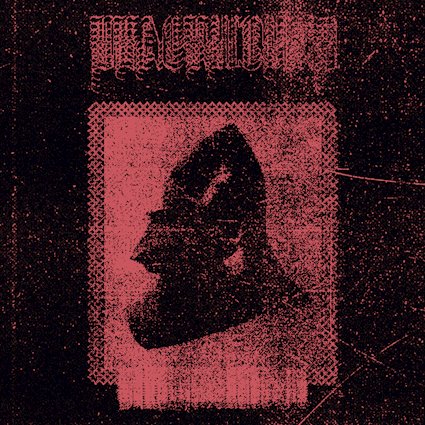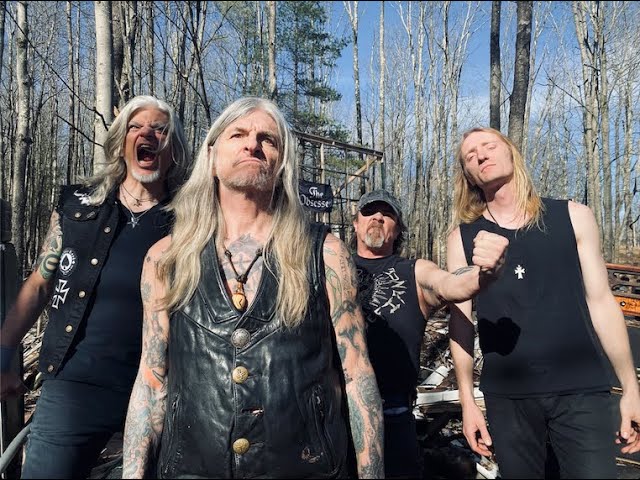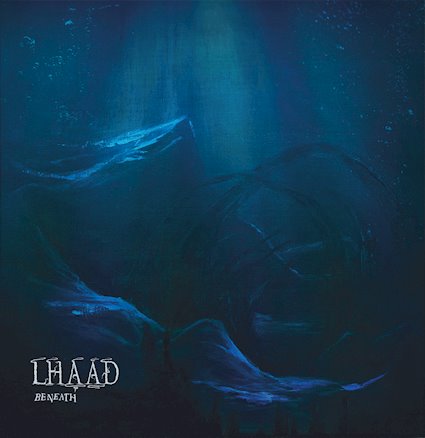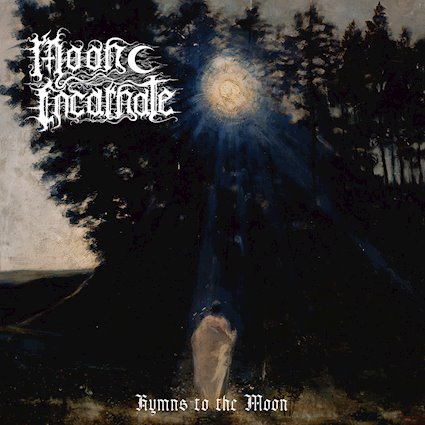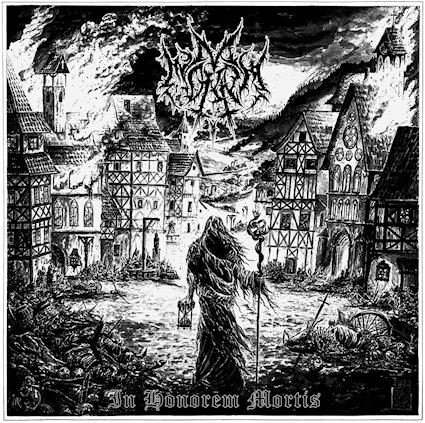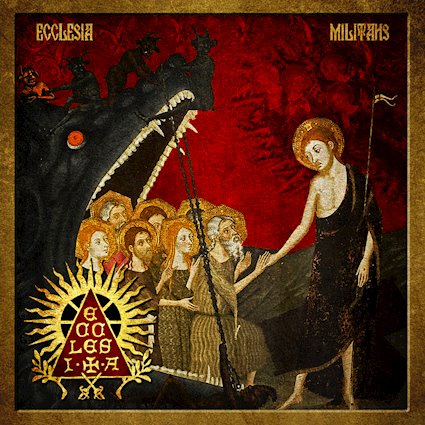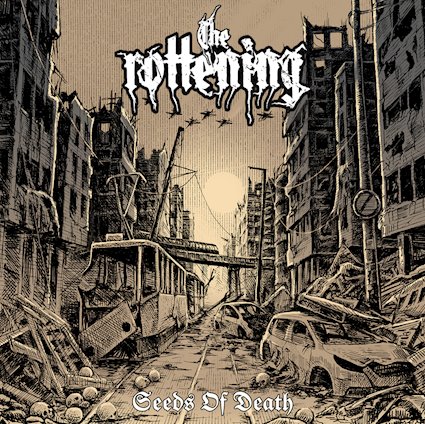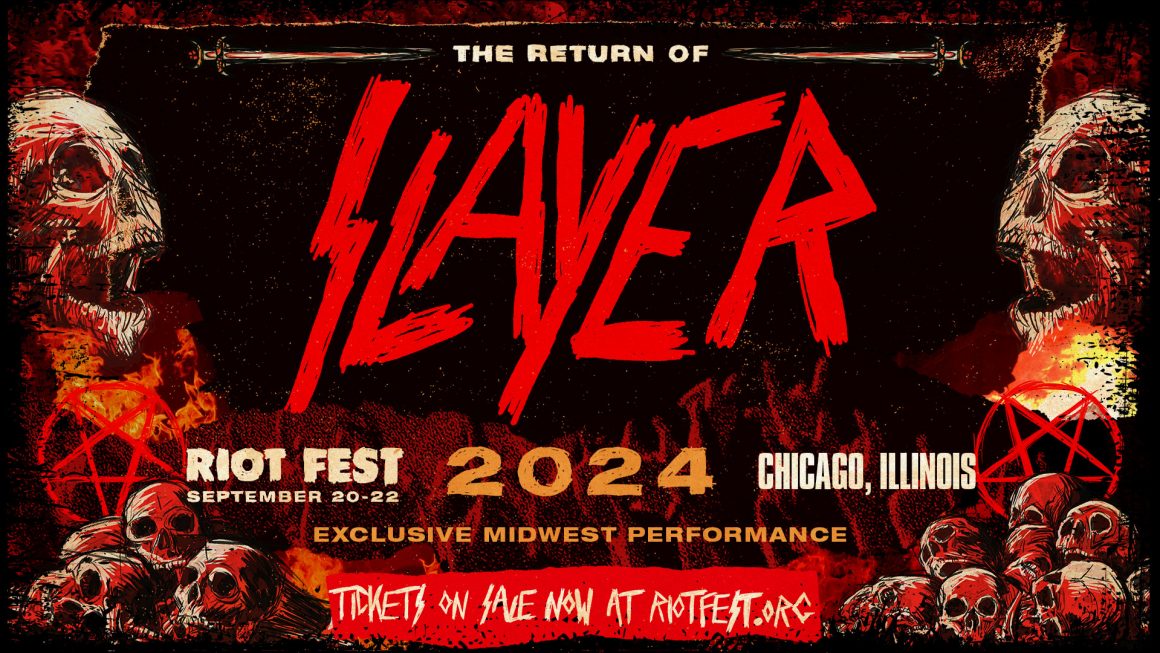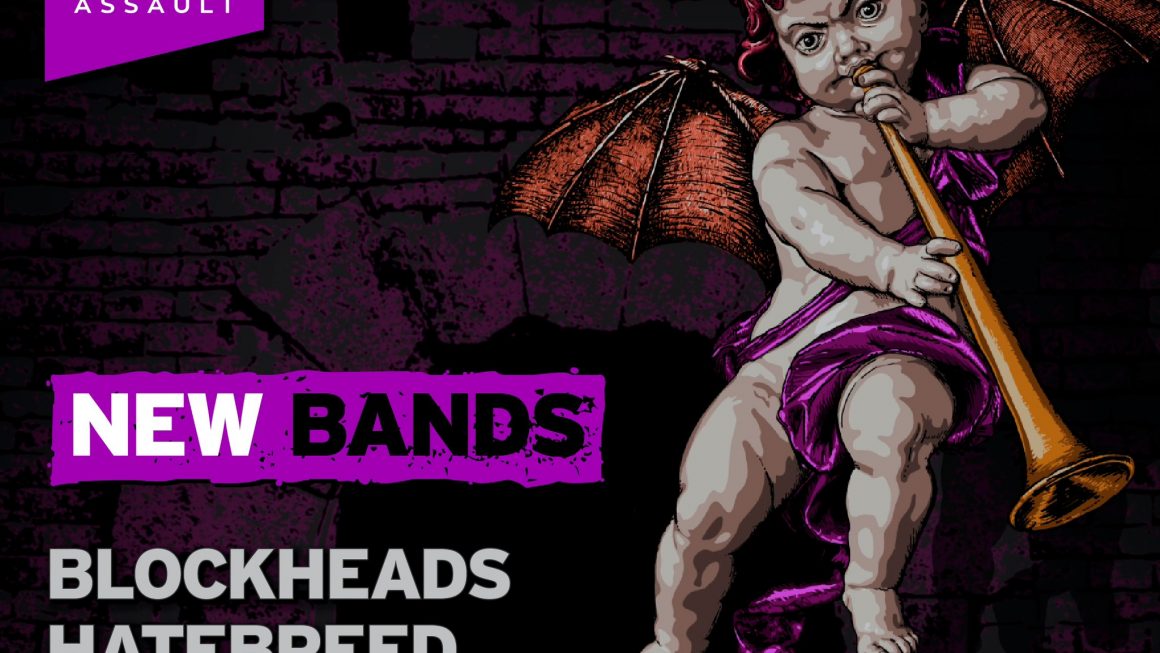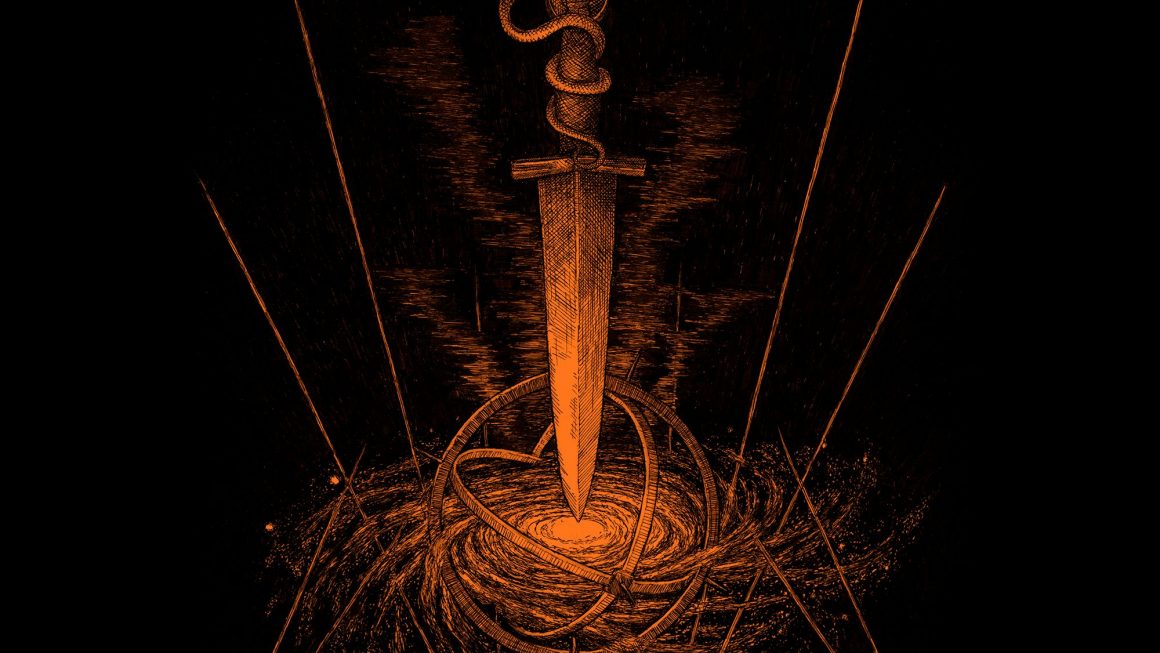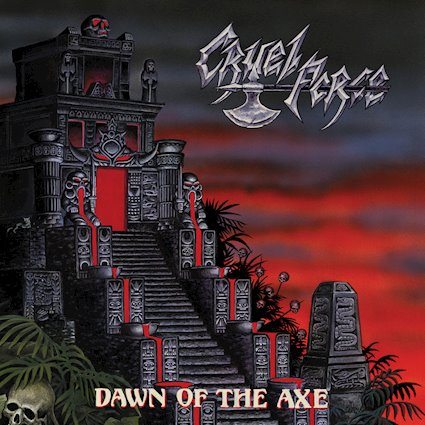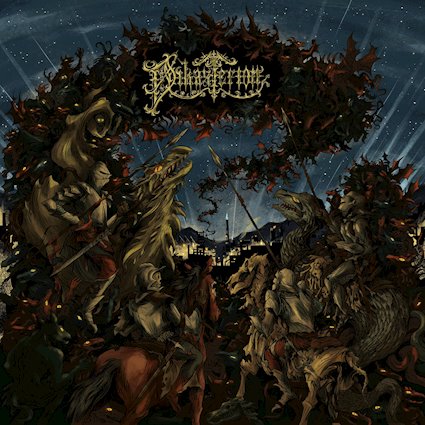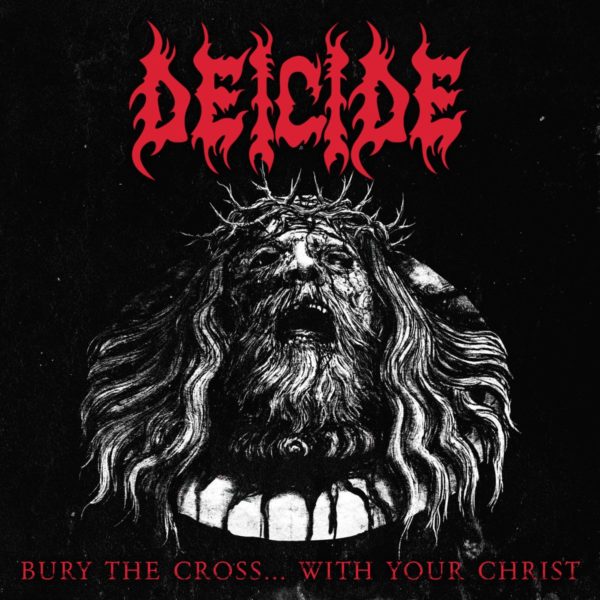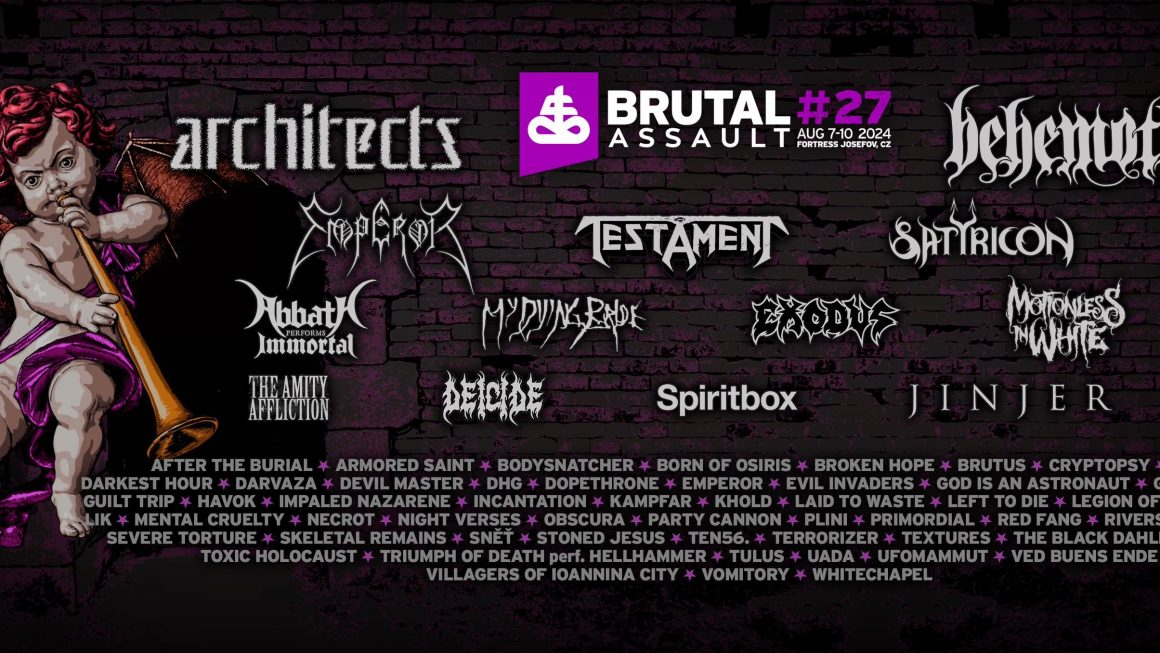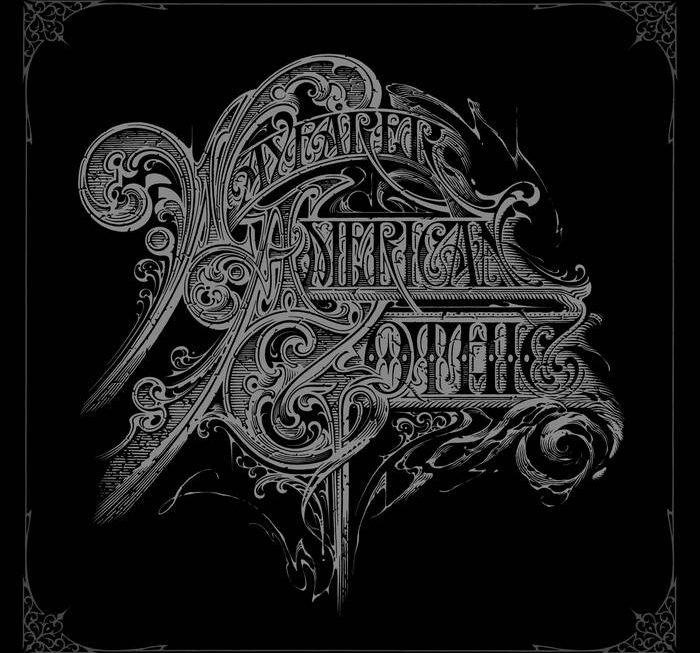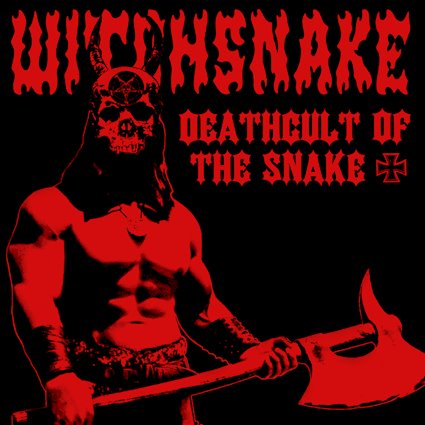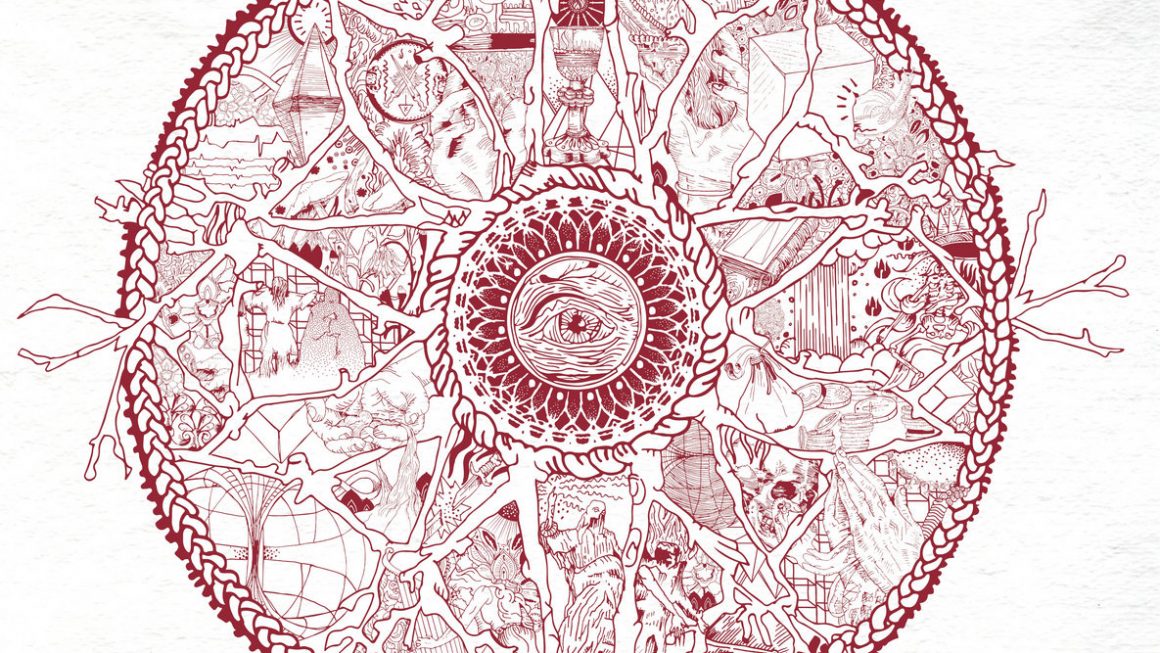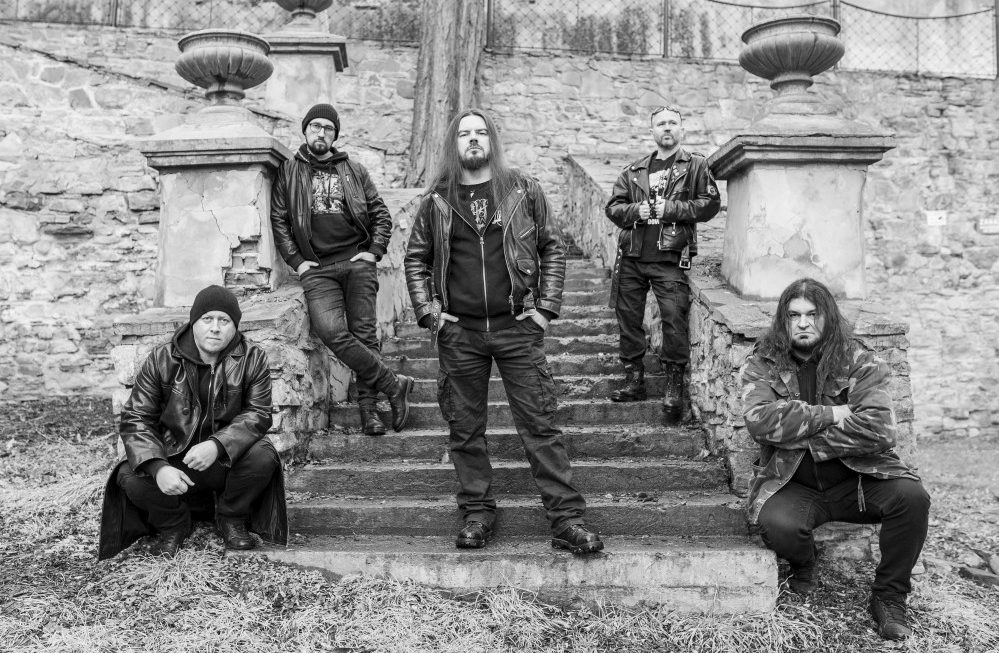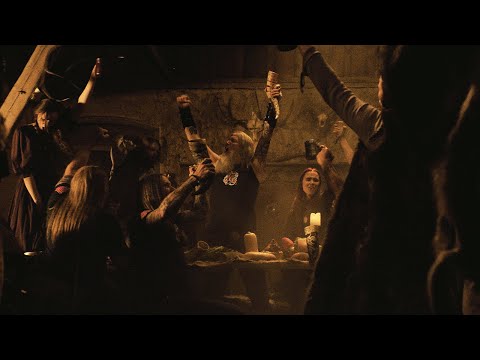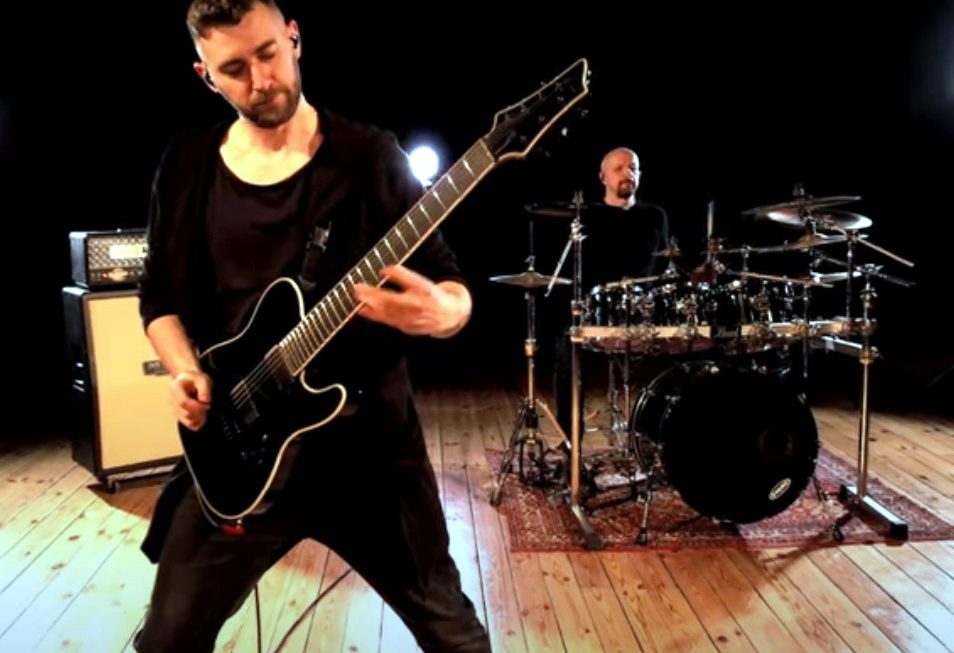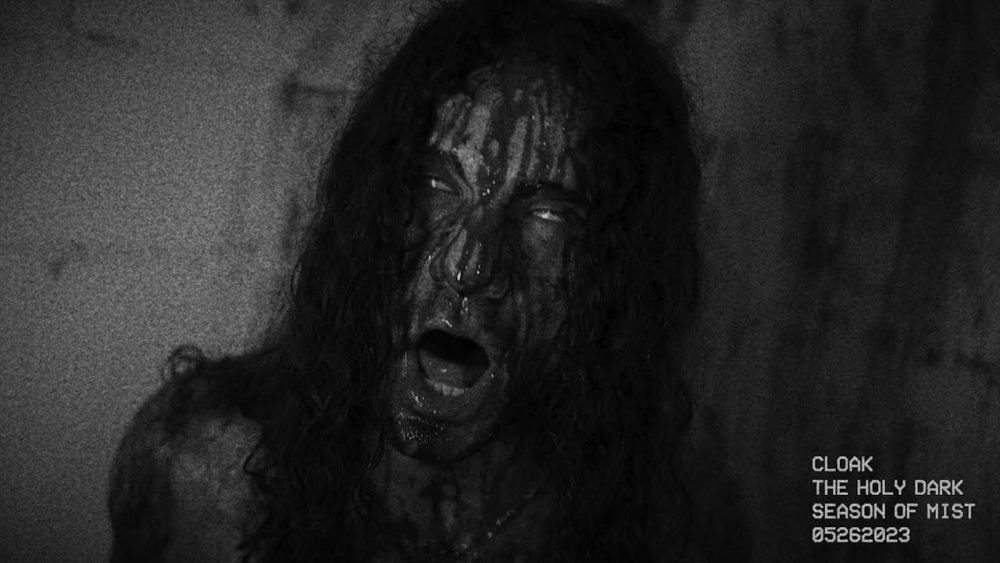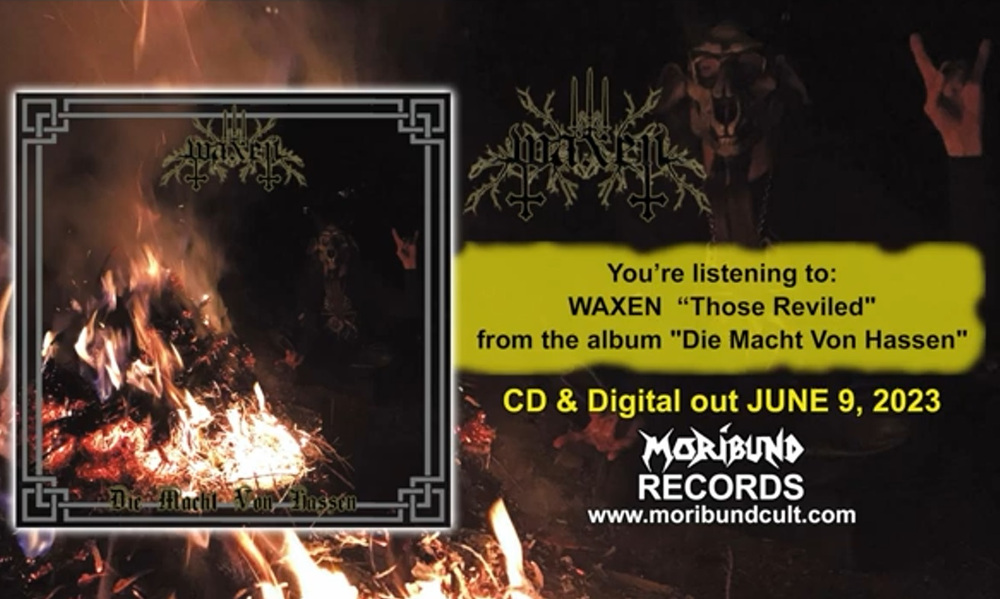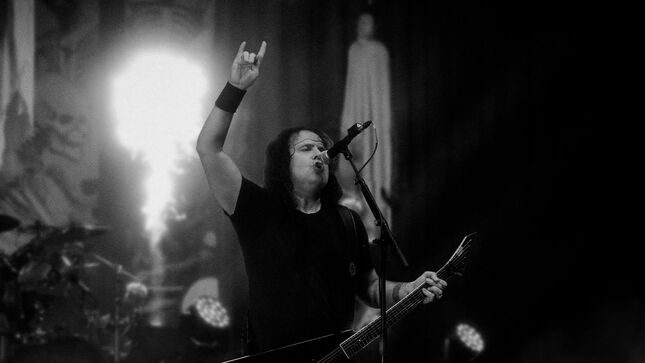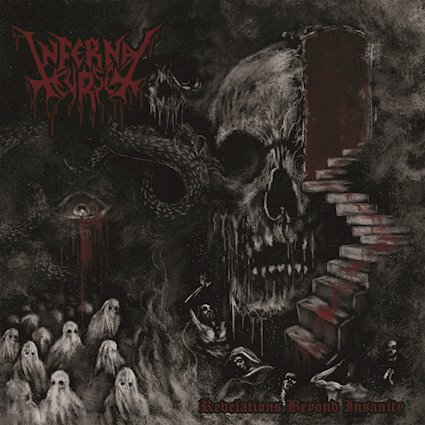SAN FRANCISCO – Heavy metal singer Chris Barnes didn't know what people would think of “Amerika the Brutal,” an anti-war song he wrote after his cousin deployed to Iraq in 2003.
He heard a number of complaints – but also received supportive e-mails from American troops in the war zone.
“It kind of sent a shiver up my spine because those are the guys I didn't want to offend by sounding anti-war,” said Barnes, vocalist for the death metal band Six Feet Under.
Other metal bands are finding similar inspiration.
Lamb of God's albums criticize American foreign policy. Cattle Decapitation are ardent vegetarians who use explicit album covers and songs like “Veal and the Cult of Torture” to condemn the meat industry. Serj Tankian of System of a Down is co-founder of a nonprofit organization that works on social issues.
More than three decades after Black Sabbath conjured images of the dark arts, heavy metal is growing up. The genre is increasingly incorporating social and political messages into its dense power chords.
Cattle Decapitation vocalist Travis Ryan said his San Diego band's mix of charging guitars and an animal rights message is drawing a diverse crowd that includes activists as well as traditional metal fans.
“We've always had a lot of crazy crossover going on,” he said before a recent show. “It's a pretty diverse crowd we have. I've never known what to make of it.”
Twenty artists recently displayed art inspired by the band's last album “Humanure,” in an online exhibit. Proceeds from sales of the art will be donated to animal rights causes.
Metal bands are also branching out into literature and mythology. Mastodon, which is headlining a summer tour with metal stalwart Slayer, patterned the concept album “Leviathan” around the story of Moby Dick. Death metal band Nile bases its songs and image around Egyptian mythology and iconography.
“Metal is expanding and evolving and becoming more diverse,” said Canadian anthropologist and filmmaker Sam Dunn, who directed “Metal: A Headbanger's Journey,” released on DVD this summer. “It's at a much more vibrant state than it was even five or 10 years ago.”
Dunn is working on a sequel to the film with the working title “Global Metal” which will trace the popularity of metal overseas, especially in developing countries like Brazil, Columbia and Indonesia.
“It's becoming global and it's becoming a tool for social and political commentary,” Dunn said. “It takes on a greater meaning in countries where people have had to struggle to survive. It takes on a much stronger political tone.”
Metal artists “have responded to the culture and politics of the day,” said Donna Gaines, a sociologist and author of “Teenage Wasteland,” a study of working class New Jersey metalheads.
Metal music in the 1980s was often homophobic and “very white,” she said, but current bands tend to be socially conscious and suspicious of political power. There's also more women in the audience – and fronting the bands.
“This is another generation rising,” Gaines said.
Heavy metal has always touched on social and political issues. Metal grandfathers Black Sabbath criticized the Vietnam War in songs like “War Pigs” and “Children of the Grave.” Iron Maiden's “Run to the Hills” was an angry denunciation of the displacement of Native Americans.
But much of the criticism was blunted by dark imagery that panicked parents and led to the now ubiquitous “Parental Advisory” labels. Metal's punk brethren were seen as having a more learned world view.
That began to change when hardcore punk and metal fused in the late 1980s with bands like Dirty Rotten Imbeciles and Nuclear Assault. But metal was still primarily known for the excessive lifestyles and racy videos of glam bands.
The popular view of metalheads as mentally deficient goons was memorialized with the MTV cartoon “Beavis and Butthead,” about two teen metalheads who terrorize their pudgy neighbor Stewart, who wears a T-shirt of the glam rock band “Winger.”
More meaningful music was coming from the underground as popular culture embraced grunge and metal lost favor.
Napalm Death was a product of Britain's “Crass” movement, which fused anarchism and punk in the late 1980s. Vocalist Mark “Barney” Greenway, a vegetarian and peace advocate, is often pulled aside by fans who want to know more about his progressive views.
One recent song, “The Code is Red, Long Live the Code,” takes aim at the spate of terror alerts in America with lyrics like: “Switched on to subdue when the masses switch off.”
“It's really, really difficult sometimes to break through the cloud of apathy, so it's great when someone comes and asks why you are coming from your perspective,” Greenway said during a recent tour stop in California.
“When you come into a country like America, when you challenge thinking, it's a great affront to some people,” he said.
The lyrics on Lamb of God's two most recent albums have been expressly political, and the politics lean heavily to the left.
Napalm Death's Greenway is considering work as a political activist when his metal days are over, but he doesn't think metal will ever completely stray from hedonistic and supernatural themes.
“I appreciate that not everything has to be awareness raising or political,” he said. “Music is also a form of entertainment and it should remain that way. Variety is the spice of life. Escapism is a good thing if it doesn't cloud your vision.”
Source: www.centredaily.com
JUSTIN M. NORTON
Associated Press

